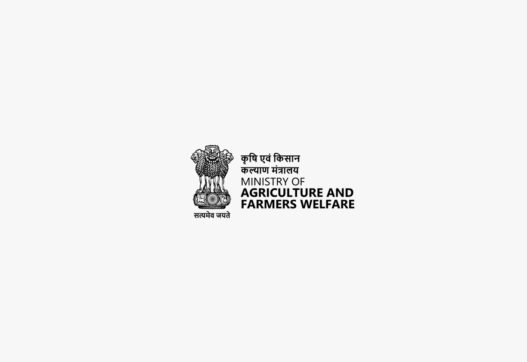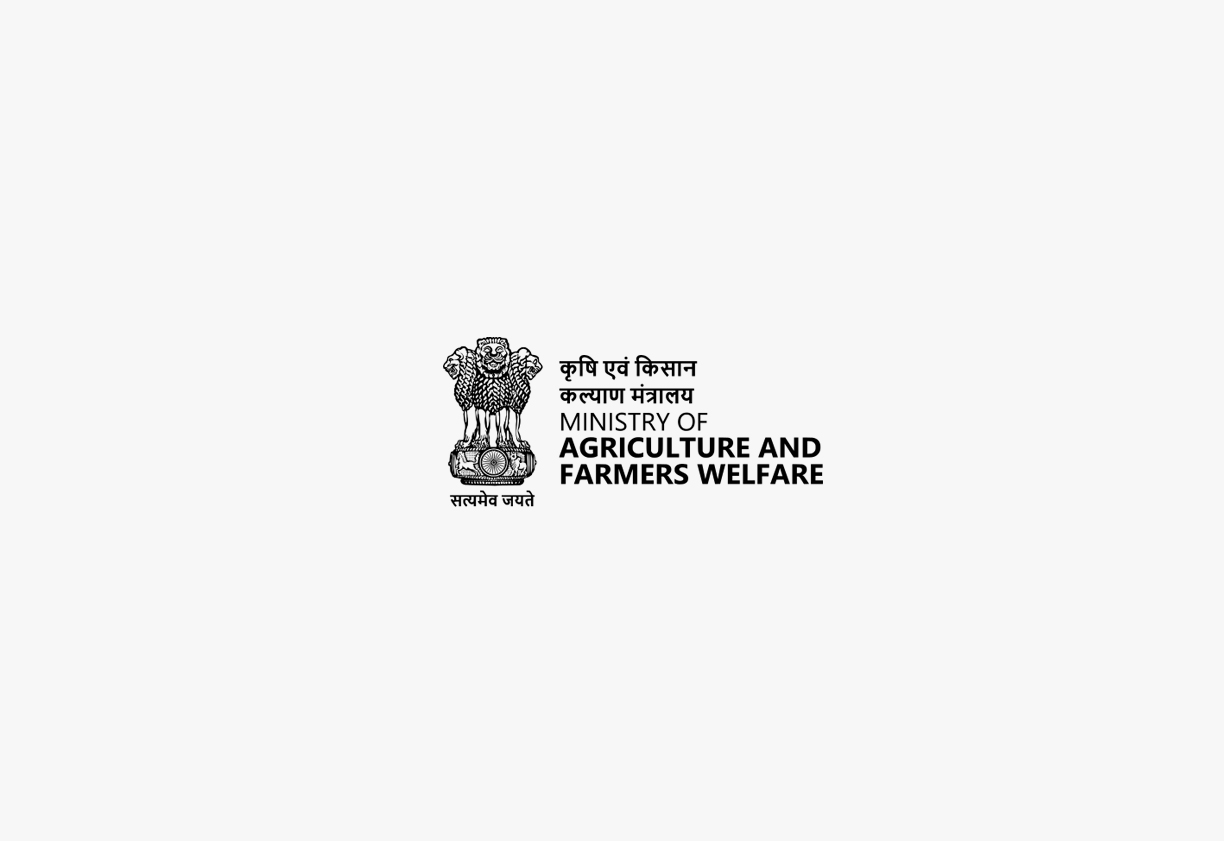Ministry of Agriculture and Farmers Welfare
The Rani Lakshmi Bai Central Agricultural University Act, 2014, is a significant legislation in India that provides for the establishment and incorporation of a Central Agricultural University in the Bundelkhand region. This Act aims to promote the development of agriculture and allied sciences through education, research, and extension activities. This article provides a summary of the Act, highlighting its background, key provisions, and governance structures.
1. Act Background and Ministry:
-
Background: The Rani Lakshmi Bai Central Agricultural University Act, 2014, was enacted to establish and incorporate a Central Agricultural University in the Bundelkhand region. It aims to address the specific agricultural needs of this region and to further the advancement of learning and research in agriculture and allied sciences.
-
Ministry: The Act falls under the purview of the Ministry of Agriculture and Farmers Welfare, Government of India.
2. Enactment Date, Number of Chapters, Number of Sections:
-
Enactment Date: The Act was enacted on March 4, 2014.
-
Number of Chapters: The Act is divided into eight chapters.
-
Number of Sections: The Act contains 45 sections.
3. Act Governed By:
The Act is primarily governed by the Central Government, which has the power to appoint the Chancellor, Vice-Chancellor, and other officers of the University. The Board of Management is responsible for the overall management and administration of the University.
4. On Whom It Is Applicable:
The Act applies to:
-
Rani Lakshmi Bai Central Agricultural University: The university established under this Act.
-
Officers and Employees: All officers, teachers, and employees of the University.
-
Students: Students enrolled in the University.
-
Board of Management: The governing body of the University.
-
Academic Council: The academic body responsible for academic matters.
-
Research Council: The body responsible for research activities.
-
Extension Education Council: The body responsible for extension activities.
-
Finance Committee: The committee responsible for financial matters.
-
Faculties and Departments: Various faculties and departments within the University.
5. Penalties/Punishments:
The Act does not specify any direct penalties or punishments for violations. However, it empowers the University to take disciplinary action against employees and students for misconduct or non-compliance with the rules and regulations.
6. Important Pointers:
-
Establishment of the University: The Act establishes the Rani Lakshmi Bai Central Agricultural University as an institution of national importance.
-
Objectives of the University: The Act outlines the objectives of the University, including providing education in agriculture and allied sciences, furthering research, and undertaking extension activities in the Bundelkhand region.
-
Jurisdiction: The University’s jurisdiction extends to the Bundelkhand region, covering six districts in Uttar Pradesh and seven districts in Madhya Pradesh.
-
Open to All: The University is open to all classes, castes, and creeds.
-
Authorities and Officers: The Act specifies the authorities and officers of the University, including the Chancellor, Vice-Chancellor, Board of Management, Academic Council, and others.
-
Powers of the University: The Act grants the University powers to provide education, conduct research, award degrees and diplomas, and manage its affairs.
-
Statutes and Regulations: The Act empowers the University to make statutes and regulations for its functioning.
-
Accounts and Audit: The Act requires the University to maintain accounts and have them audited.
-
Annual Report: The Act requires the University to submit an annual report to the Central Government.
-
Power to Remove Difficulties: The Central Government is empowered to make orders to remove difficulties in implementing the Act.
7. Act Copy:




